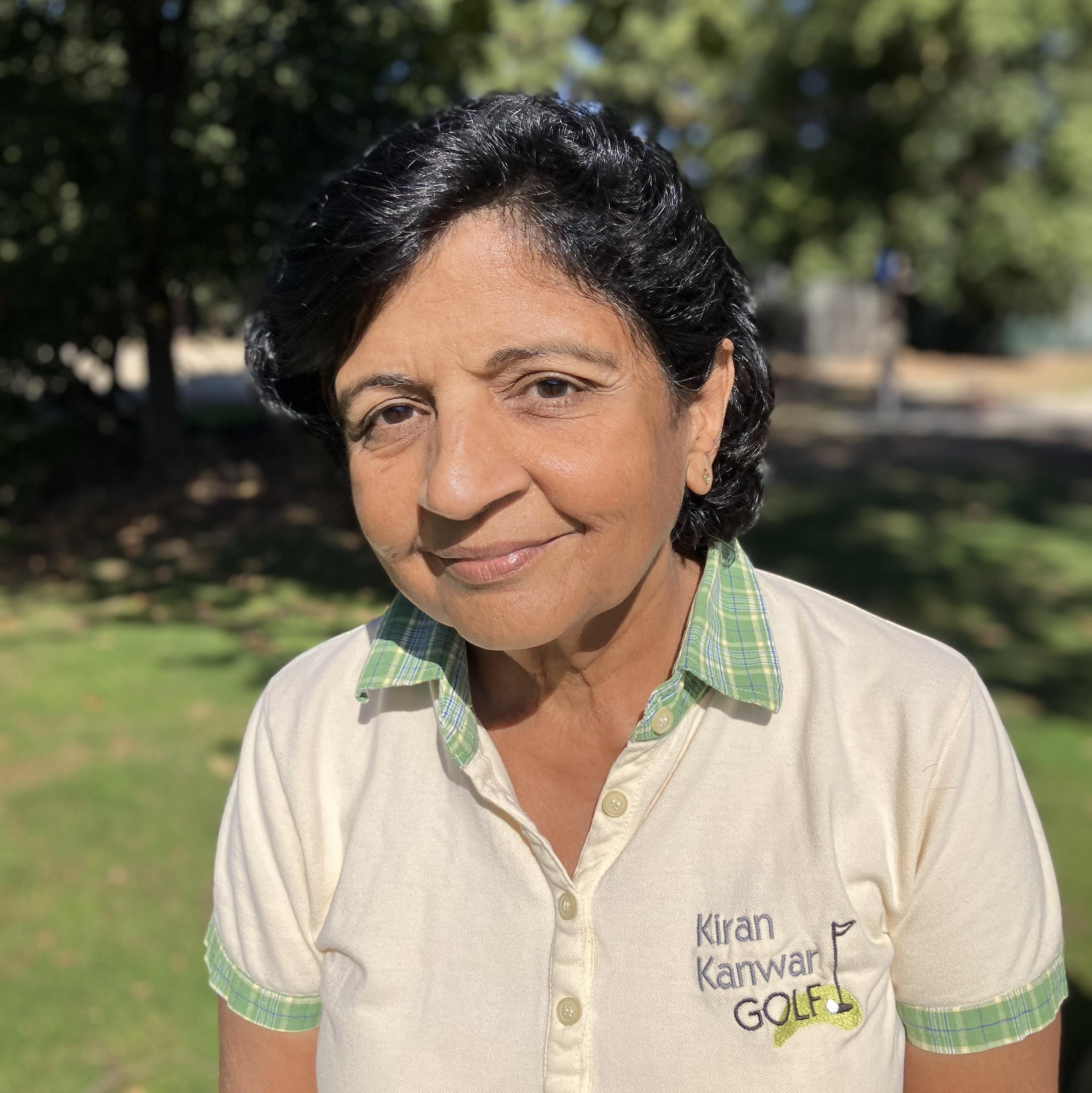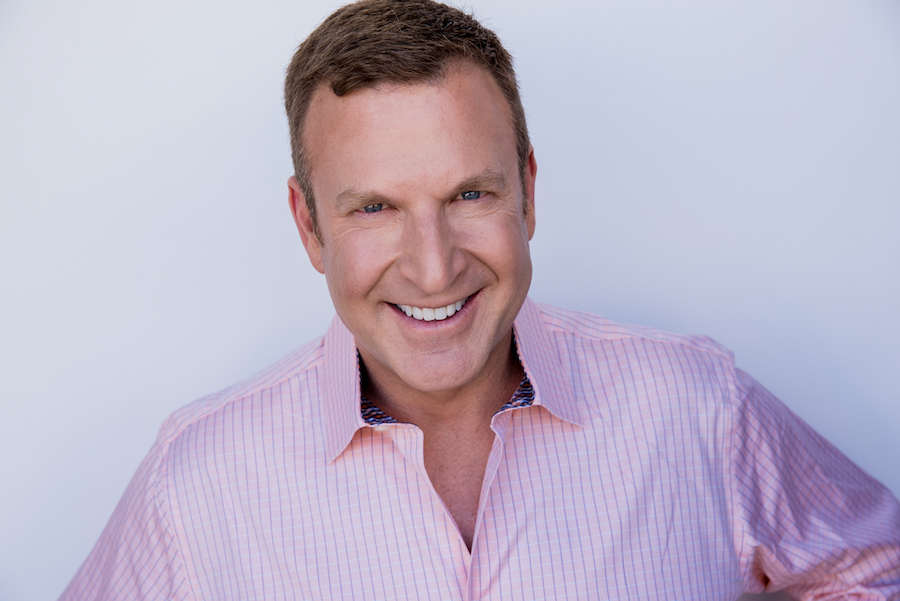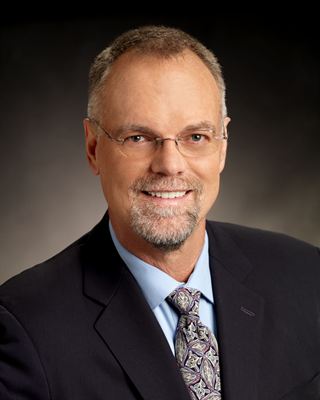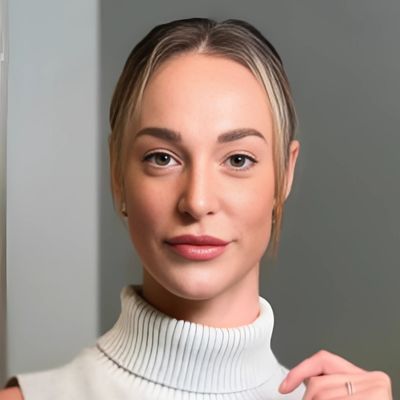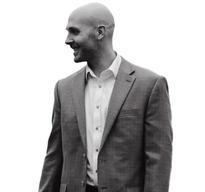
Fitness Interview Tips – Steve Washuta
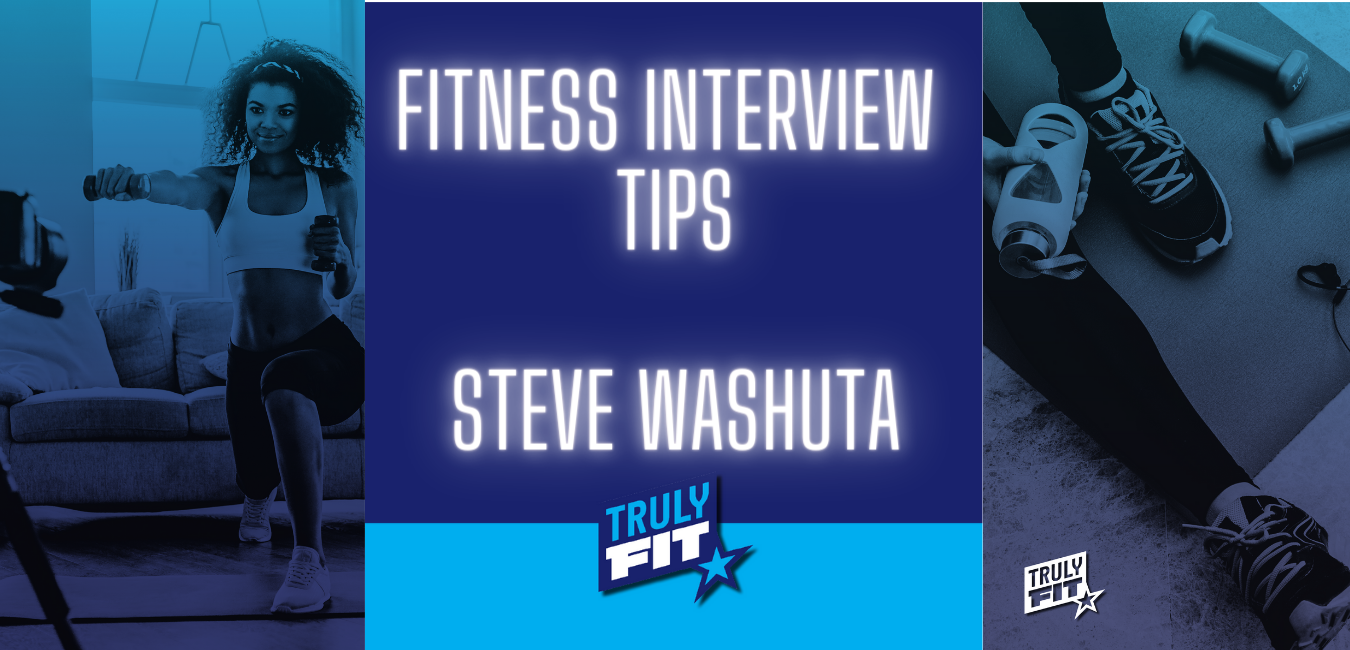
Guest: Steve Washuta
Podcast Release Date: 2/11/2021
Welcome to TrulyFit the online fitness marketplace connecting pros and clients through unique fitness business software.
Steve Washuta: Welcome to the TrulyFit podcast. I’m your host, Steve Washuta, co-founder of TulyFit and author of Fitness Business 101. In today’s episode, it is just going to be me speaking to you about fitness interviews.
We are going to go over everything from what you should wear in a fitness interview, to what you should expect in a fitness interview.
When I say fitness interview, I mean anything from group fitness to personal training, and so on and so forth. So, let’s dive right into it.
Firstly, the most common question when I’m working with young trainers, is: what do I wear to the fitness interview? I always tell them, if you’re going to a facility of some sort a gym, let’s say you were a personal trainer, and you’re going to a particular gym, wear business casual. However, bring clothes to change into that are fitness-related things that you can work in.
If you’re going to a fitness interview where the interviewer actually cares about the company, at some point, they’re going to ask you to do a practical. That may be on-site right there and then or that may be when they bring you back for a second or third fitness interview. But you should anticipate that you may have to do a practical fitness interview when you get there.
For those of you who don’t know what practical is, it’s essentially a mock training or a mock class. It might only be 10, or 15 minutes, rather than a full training or a full class. It gives the professionals who are running the business an idea of your current skill set.
This doesn’t mean that they won’t hire you if you’re not great at it. but they at least they know who they’re hiring, and what sort of level of employee you are. Y
ou may be bad in this mock fitness interview/this practical, and you still may get the job. However, I now know that I can’t have you work with particular kinds of clients, because you’re not advanced enough yet.
So I start you off slow, maybe you don’t get to negotiate the percentage that you were hoping for. I can tell right away that you’re green, and that you’re new to the business, and vice versa.
Maybe they can tell right away that you’re tenured in the industry, and they can kind of move you up the ladder quickly. So let’s go over what would take place in a practical quickly, and then I’m going to run down a list of things. I think these are very important in the fitness interview process.
Three major things, and I’ll break those three major things down.
So again, in a practical, what is typically going to happen is you might have the owner of that small business or manager in a larger one work with you. They will want you to pretend that trainer A in this mock is actually a client. Don’t look at me, don’t talk to me, pretend that they’re your client, and I am a fly on the wall.
I’m going to give you a scenario, and you’re going to do a quick training of 5-10 minutes. Situationally of what would happen in this case? So they may say, this client is a 67-year-old female, she is looking for overall health and wellness, mostly to strengthen her legs and help her balance though. How would you start this process?
Well, they want to see what your first movements are. So first, obviously, the first thing you should always say, just to play it safe is, “Hi, ma’am. We need to have a consultation first so that I can go over your health history before we start working together”. Right?
That’s kind of a trap question, and you need to be ready to answer in that manner so that they know safety is on your mind. That’s first and foremost for the company. They want to know that you are thinking about safety. Because obviously legislate litigation-wise, that’s what they’re concerned with. Ultimately, if you don’t know what you’re doing, you know they’re on the hook for it. So make sure that’s the first thing you say.
Then provided they already understand that you are moving on to the next steps. They want to see, you know, where you start? Do you bring her over to a riser? And are you spotting her? If you’re going to step up and down on that riser? Are you cueing her on the motions?
Are you asking her how she feels during the exercise to make sure that she’s breathing appropriately and not feeling any discomfort in her knees or her hip? These are the things they want to see.
Then they might want to see creativity. They might give you a band or a kettlebell and say show me six different exercises with this piece of equipment. So you have to be ready to do all of those things.
I know if you’re brand new to the training world to the fitness world, this may seem daunting, but it’s easier than you think. I’m going to go over some things that are going to help you in the fitness interview process here.
So number one is your research. You need to do your research about said company. What if you’re interviewing at a yoga studio, and you have a particular belief concerning exercising while fully hydrated? If half of their classes are hot yoga, you know that those beliefs are not going to coincide and you’re less likely to get the job.
So, maybe that’s not a place you do want to work given your beliefs. Still, you should know what these places do, so get on their blogs, get on their websites, get on their IG, get on their Facebook pages.
Have a background on what these facilities do, you could be saying the right things, anything in the fitness interview process. You may disagree again, with some of their practices.
However, having the foresight to understand what they do, allows you to manipulate that conversation in a way that benefits you.
So, let me give you an example. Maybe, everybody, there has an ace certification, and you have a NASM certification. Well, that’s still a pitch that you can get out in front of you can say. I did my research, I know everyone here has an ACE certification, I think that’s great.
However, I’m going to bring a different dynamic to your clientele and your business by having a NASM certified personal trainer here.
I know that you guys focus mainly on X, Y, and Z yoga, I have a background from ABC yoga. Therefore, I think I can bring a different dynamic and bring us a new set of clientele through the door. We can help build the business together.
Provided you know what’s coming in these interviews and you know about the business, there’s not going to be as many curveballs which essentially is going to allow you to answer the questions better.
Part Two here, okay, research is part one, part two is practice. I know this sounds obvious. But some people who are not ready for a practical aren’t practicing.
There are two great ways to practice; number one, I call it E3, otherwise known as equipment exhaustion exercise. Every day prior to leading up to the fitness interview, let’s say you have an interview on Saturday, you start Saturday before you grab a piece of equipment, and you do everything you can with it, right?
Get creative, because you’re going to have to be creative, not only when you’re training, but potentially in the fitness interview process.
You have to get your mind thinking on the spot because you’re going to be put on the spot, you’re gonna be nervous, and you have to be ready for it.
For example, you might grab a band, and you throw it over, you know, over a bedpost, and you do chest presses. Then you turn around and you do rows, and then you turn back around to tricep extensions.
Maybe then you turn back towards it, and you do high rows, and you then turn back away, and now you add a forward lunge with your chest press. Next you turn backward, and you do your row with your reverse lunge.
After that, you do a squat with a row and then you tie the band inside of itself so you can do rotations with the band and you do upward chops and downward chops, and so on and so forth.
Right? Get your mind working that way, what can I do with one piece of equipment, it’s important.
The next part of the practice is a site-specific study. It’s basically the same thing, except instead of picking out a piece of equipment, you’re going to pick out a particular topic, or even a muscle.
So, you might say let’s pick out pec major. What are all the different exercises I can think of, that involve that muscle group? That is working that muscle for whether it’s primary or secondary, or tertiary?
What sort of exercises are involved that I can use for that muscle group, maybe you are not in that field, right?
Maybe you’re not a personal trainer, or maybe you’re a group class instructor, or simply, maybe you’re a nutrition coach. Well, think of carbohydrates, right?
We name all the foods that you can think of, and that have carbohydrates in them off the top of your head.
Then explain what a carbohydrate is, and explain what a carbohydrate isn’t right? Just do these, pick out one particular thing, and basically throw everything against the wall. You can think about that particular thing, right, unload all this information.
So, again, number one, research, we went over that, how important that is, understand the company. Number two practice equipment exhaustion, and site-specific study for your practice. As for number three, this might sound obvious, too, but be confident, honest, and teachable.
This interviewer at some point, if he’s good, I consider myself a good interviewer.
We are looking to break you so to speak, there’s going to be at some point where we’re asking you questions that you’re not going to know, and that we feel there’s a good chance that you have to pick a particular direction.
That direction is either lying or saying, I apologize, I’d love to learn that but I actually don’t know much about that. That’s what we want to hear.
You’re joining my team. You’re helping me you’re going to be working with other people. Personal Training needs to be personal. You need to be able to work with people nobody wants a no at all. Nobody wants to hire a liar. If you don’t know something, simply say it and say that I would love to learn more about that. That’s what we want to hear in the fitness interview.
Be yourself, be confident, be honest. Again, let’s go down the three things and we’ll start from the top with the most asked question; what do you wear to the fitness interview? Of course, it depends on the facility.
I would say dress business casual and then bring a pair of clothes that you can change into in case you have to do a practical.
- #1 – Research
- #2 – Practice (equipment exhaustion and site study site-specific study)
- #3 – Be confident, honest, & teachable
That is it for this episode of the podcast. Thanks again for listening everyone and good luck with your fitness interview.
Thanks for joining us on the Trulyfit podcast. Please subscribe, rate, and review on your listening platform. Feel free to email us as we’d love to hear from you.
CLICK FOR AUDIO PODCAST

